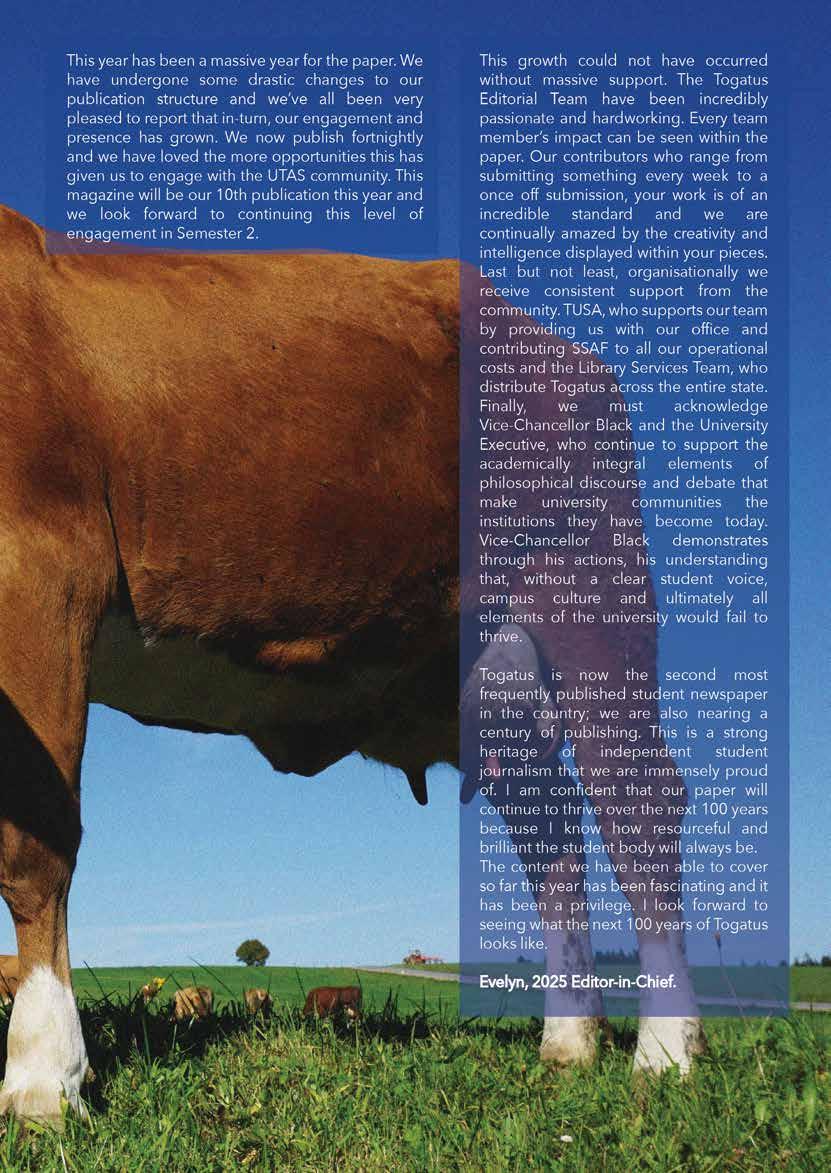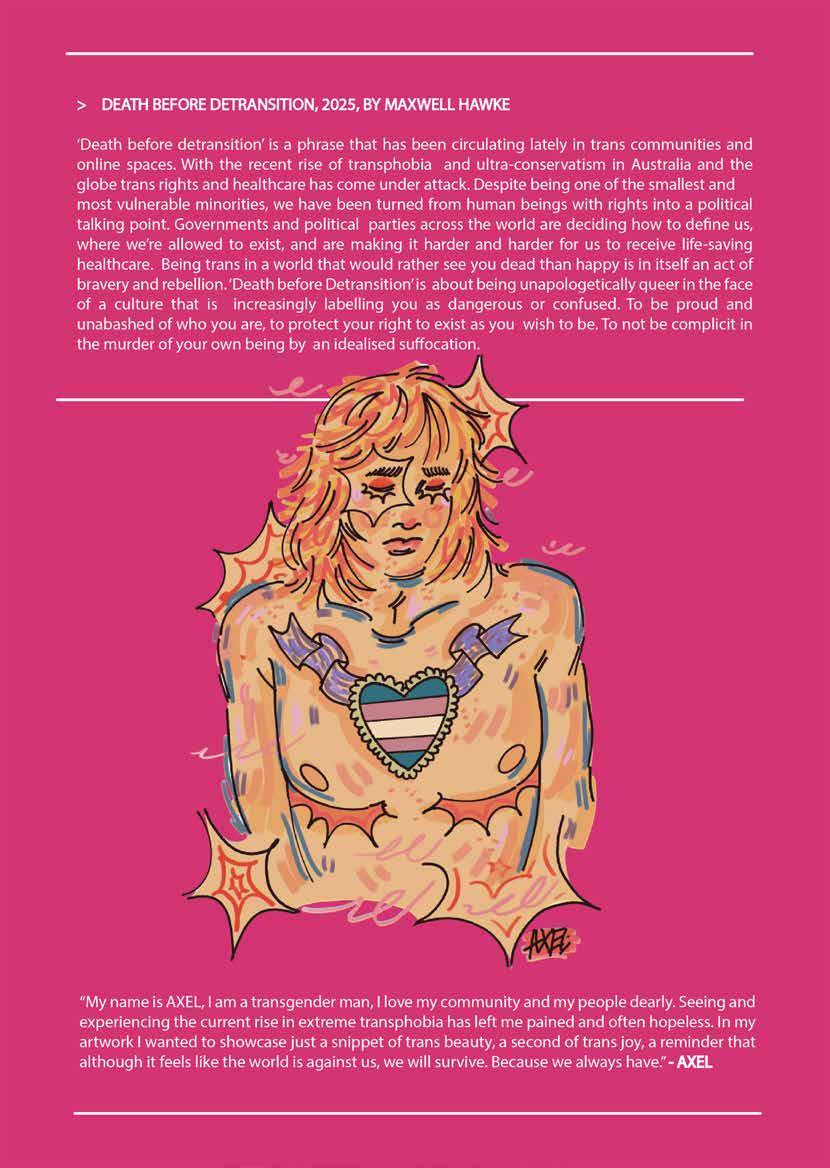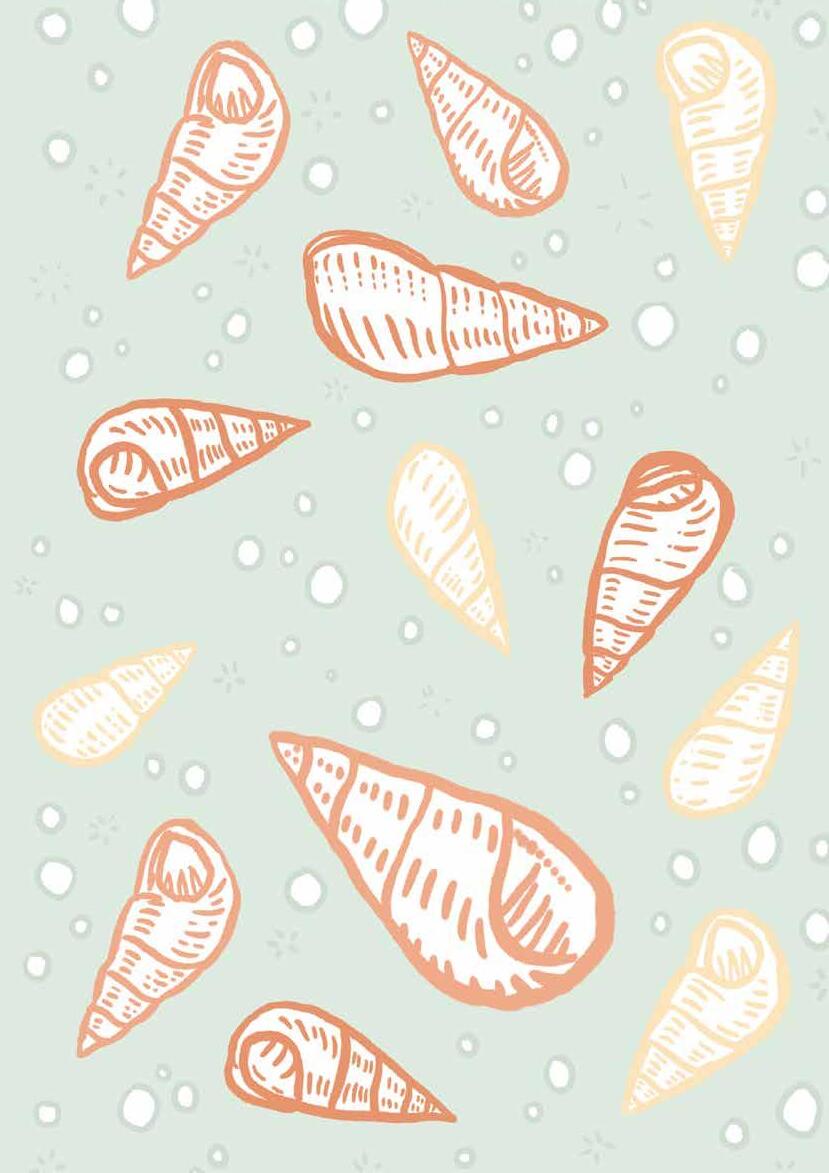SINCE 1931


Togatus acknowledges the Palawa people of Lutruwita. we recognise that sovereignty was never ceded. We pay our deep respects and are committed to working with the Palawa community.
Founded in 1931 and originally called the Platypus, Togatus has been the voice of Tasmanian students for almost 100 years. Founded, and consistently supported by, the Tasmanian University Students Association (formerly the TUU), Togatus is run by students for students. We are committed to providing a voice for all students, staff, and community members of our island University. Through our fortnightly publication, The Fortnightly Togatus, our Special Editions, and our Magazine, we provide consistent and reliable content to our community. We have an editorial team of six people and have moved to a pool of casual contributors this year. Empowering students to write on topics they are passionate about in an autonomous manner. We cover topics from current news to poetry and our submissions are always open via our email. We are the student voice of Tasmania, something worth talking about. THIS IS










In 2019 the University of Tasmania announced that the Hobart campus would be moving into the central business district (CBD). Since the announcement, in the news and other forms of media, Hobart residents and business owners have expressed their concerns about this plan. More recently, UTAS has updated their full relocation to just a partial move. This would allow the Sandy Bay campus to be refurbished as a STEM facility.
The National Tertiary Education Union (NTEU) relayed survey results that revealed only 15% of staff members were behind the plan to completely move to the CBD. There are currently no statistics of what stance UTAS students have taken on the move. Madeline “Maddie” Davies, who was the creative director of TOGATUS during her time at UTAS, was asked if there was a place for students to voice their concerns. “UTAS, essentially, in my time, did a lot of these almost PR stunts. ‘Lets get all the students together and do a Q&A to hear their views,’ but then completely ignored all of them and shut people down,” was her reply.
Other students asked the same question gave responses such as, “Sometimes it feels like even if you voice your concerns, they might not be heard,” and “I did approach them [UTAS] with different requests when I first got here and I hardly got support.” When interviewed, past and current students expressed a lack of communication between students and the university executive team. Some reported they have not been directly informed about where the future CBD buildings will be located and other major components to the move.
As a UTAS student myself, all of my knowledge of the move has come from doing my own personal research. While this is important, there is an expectation of students that plans as significant as this one, which will affect future and current studies, would prompt the university to communicate openly and directly with students. When speaking with other students about the move the biggest concern is the lack of communication. Many students do think that there are ways in which this move can be more comfortable for students and staff but there is no input being requested from students.
Socialization, ease of access to resources and a sense of community are parts of university culture that make studying enjoyable. Students worry that these things will be lost as a result of the move. There are many suggestions that the student body has for how to rectify the issues that students are currently facing and students who are already located in the CBD are concerned about how those who are to move in the future will fare.
Having done my first year of university elsewhere, I have a more unique perspective of UTAS. Many students have nothing to compare their time at university to as they have only studied at one university. I commend UTAS for their current facilities and equipment. As a media student, I get to learn hands-on. The Hedberg and the School of Creative Arts are both spaces where I feel I can learn and explore with my future profession in mind. The equipment supplied for student learning allows me and my fellow classmates to have the practice and time of investigation required to prepare us for the future.
UTAS has done a wonderful job at this, but there are a variety of issues which dampen the awe that I initially had. My commute to campus is the most stressful part of my day and some days, since I have classes on multiple campuses, I have to take five buses in my complete commute. I started the semester getting the UniHopper but I quickly realized that the available times were too close to class time and I often got to class late if there was slight traffic or anything else occurring in the city. The isolation that comes with bouncing from campus to campus is also a big problem that has risen from the move. Most days I have to leave class as soon as it is over to get to my next class on another campus. There is little time to make friends or socialize which becomes very lonely. It takes the fun out of studying when you have to do it alone. There are many things that I love about UTAS but many students including myself, would like to voice the concerns that we have and be met with sympathy and a plan to make our time at the university more comfortable. There can possibly be a compromise which works for all of us but there needs to be communication and respect on both sides. The future of UTAS is the students who occupy these campuses and we would like to be heard.
REFERENCES:
https://www.nteu.au/News_Articles/Local_ News/TAS/UTAS/site_survey_update.aspx
https://www.themercury.com.au/tasmania-education/national-tertiary-educationunion-releases-results-of-survey-of-utasstaff-members-from-hobart-campus/newsstory/5d2df3fd567961b6e363ba95e2107dc9
https://www.utas.edu.au/about/campuses/ southern-transformation#: :text=Read%20 more-,Frequently%20asked%20questions,facilities%20at%20Salamanca%20and%20 Tarona
9,225km. That is how far away from home I have been for nearly three years. During this time, I made some friends, lost some, tried to force my hold on failed connections and navigate life as a newborn adult. As seasons changed and nights came sooner on some days than others, I lay reminiscing a childhood spent in tropical bliss and the joy that comes with forgetting the pace at which time was passing by. I had all the time in the world. But I couldn’t wait to grow up. Every seemingly insignificant decision helps shape life to be the way it is today. I took a random first year unit during my very first semester. I didn’t understand the concept of an elective, and the idea of being able to choose whatever unit I wanted seemed a little daunting. I chose to study ‘Biology of Animals’; another choice would have cost me some lifelong friendships that I still can’t believe I was lucky enough to find. On my very first day of class, I was paired with an equally lonely and quiet student who now happens to be one of my best friends. Being away from home is definitely a difficult transition, but finding the right friends to help you through those periods of severe home sickness makes it all just a bit easier to bear. While it’s important to find the right friends, I also realised the need to waste no time in removing toxic ‘friendships’ that can take a toll on your mental health. No relationship should come with a set of conditions that involves you slowly sacrificing parts of yourself. Learning to be comfortable with my own company and in fact enjoying it more than being with others was difficult, but a characteristic I slowly built on over time.
I was shy, timid and afraid of just about everything. Whenever I called family or friends back home, I was filled with a sense of immense pride when I was told that I’m a different person now and that I had changed since leaving. I never stopped to think of the possibility that this might not even have been a compliment. All I ever wanted to do was change. Recently, I took a trip back home and reconnected with distant cousins and extended family members. Moving abroad for Uni also meant losing touch with some of these relatives, so most conversations had to start from scratch. Basic introductory questions all over again- how have you been, how’s life in Australia, have you made any friends. “Where do you prefer? Here or there?” This was a question I was asked multiple times in the past and never knew how to answer. Why would I prefer anywhere else to home? More importantly, where was home for me? Over the course of three years, I had moved to three different countries. I spent 19 years of my life in Sri Lanka, moved with my family to my country of nationality India, and then finally moved to Australia to start my bachelor’s degree. By this point, I didn’t even know what I meant when I said I wanted to go back home. Back in first year, that earlier question would not have been hard to answer at all; I struggled to fit in or make friends, and I desperately wanted to leave. Months were spent regretting the decision to leave my family when I’m obviously ‘not cut out for this’ and ‘don’t belong here’. The harshest words that were ever spoken to me were from myself. Now, hundreds of cooking videos, bedtime cry sessions and countless dramatic encounters later, I can finally make a decently edible meal. I’ve improved the stealth with which I get my clothes out of the laundry machines before someone dumps it out.
I shed far fewer tears when trying to get through an assignment. These tiny wins may not seem like much to others, but they meant the world to me as I tried to find my way in this new home that wasn’t truly mine. Hearing the stories of other international students will always fascinate me because it feels like we’ve all just lived the same life. Growing to love this new place and the feeling that this love might be a betrayal to your ‘true’ home is a ridiculously odd mix of emotions that most of us have experienced. What if my friends and family back home think I don’t need them anymore? I realised these thoughts were just barriers I had unconsciously set to stop myself from getting too attached to this new place because in my stubborn mind, it would never be home to me. I was wrong. And I’m so glad I was. Accepting that, for now, this is where I’m going to be made it significantly easier to come to terms with this change in lifestyle and focus on the positives rather than the negatives. In a sea of brand-new faces, I eventually ended up finding a select few that stood out to me like the brightest stars in the night sky. Coming from different walks of life and from far distant corners of the world, the mutual feelings of abandonment and immense loneliness brought us all closer and helped to partly fill that home-shaped hole in our young hearts. Since coming to Australia, I have had so many experiences that I never imagined myself having (Me? Surfing?!). Even just the feeling of getting my first job as a peer leader at the university was exciting. I learnt to put myself out there and talk to people from various parts of the world, share their stories and help make their start at Uni as smooth as I could. Being able to use my experiences in a way to help others has been one of my favourite aspects of the journey till now. To anyone who needs to hear this, it gets so much better.

















































